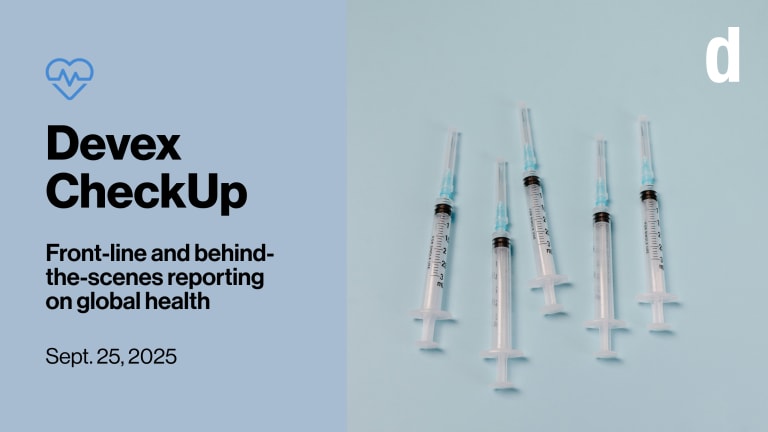
Many companies claiming to donate a portion of their revenue to causes such as global HIV/AIDS programs are being vague or even dishonest about just how much of this money is donated, according to a recent study from a team of marketing and financial experts. The authors said companies should be required to be more transparent about how they are using proceeds intended for charitable purposes.
The study defined “cause marketing” as typically involving pledges from for-profit entities to donate part of their sales revenue to a charity, “with the hope that this will increase their revenue.” It usually “falls under the broad umbrella of corporate social responsibility,” the study said.
Cause marketing is a global trend among companies and corporations. However, the study focused specifically on North American companies and U.S. regulations around such marketing. In North America alone, companies spent about $2.14 billion on cause marketing in 2018, the study said.
In the U.S., laws around the issue vary by location — with some states having no disclosure requirements for cause marketing at all, the authors said. There is often no enforcement of disclosure laws that do exist for cause marketing, which means companies can continue to be dishonest without concern for consequences, they said, adding that regulators should do more to ensure businesses are more transparent about their giving.
“Very few companies have been penalized,” Aradhna Krishna, a marketing professor at the University of Michigan and a co-author of the study, told Devex. “So very few companies have been taken to court for this.”
The study looked broadly at the regulatory environment for cause marketing and examined several companies. This includes Ethos Water, a subsidiary of the Seattle-based Starbucks coffee corporation, which pledges to donate some of the revenue toward clean water access globally. The study also cited pledges from major brands such as Gap and Apple to donate some portion of profits from (PRODUCT)RED items to fighting AIDS. (PRODUCT)RED is an initiative launched by the (RED) nonprofit in partnership with several brands.
These pledges have varying degrees of transparency, the authors wrote. For instance, Ethos Water clearly states that 5 cents of every bottle purchased will go to its charitable fund. Others are more vague, such as Gap’s pledge to donate 50% of profits from selling (PRODUCT)RED items to fight AIDS and Apple’s announcement that “every purchase of iPhone Product Red Special Edition contributes to the Global Fund [to Fight AIDS, Tuberculosis and Malaria] to support HIV/AIDS programs,” they said.
“In both cases, profit is not known to consumers and the donation amount is ambiguous,” according to a summary of the report’s findings. “It is important to study the ramifications of such heterogeneity in firm behavior from a regulatory perspective.”
(RED) and Gap did not immediately respond to requests for comment.
Apple spokesperson Rachel Wolf Tulley told Devex that the company had raised nearly $270 million to fund HIV/AIDS prevention, testing, and counseling services since 2006. The company also has provided a public update of its work with (RED), she said.
“Apple-supported grants have enabled care and support services for over 11 million people, provided over 192 million HIV tests, and allowed over 13.8 million people access to lifesaving antiretroviral treatments. In 2020 alone, Apple’s support for (RED) helped prevent over 145,000 HIV-positive mothers from passing the virus on to their babies," the company’s 2021 update read.
Still, without enforcement of marketing laws, companies are being allowed to mislead consumers about how much of their money will actually be contributed to a cause they want to support, Krishna said.
In particular, language about “part of the proceeds” from a purchase going toward a cause is very opaque, she said, adding that there are instances of “outright lying” in which companies say they will donate a certain percentage of their profits but don’t. For instance, it is “well known” that each year companies benefit from “pinkwashing” by promoting breast cancer cause marketing without donating at all, according to the study.
Cause marketing can result in a “win-win” that benefits the company and the charitable organization by creating higher profits and higher donations, but this “requires that the regulator has strong laws that are well-enforced,” the study read.






